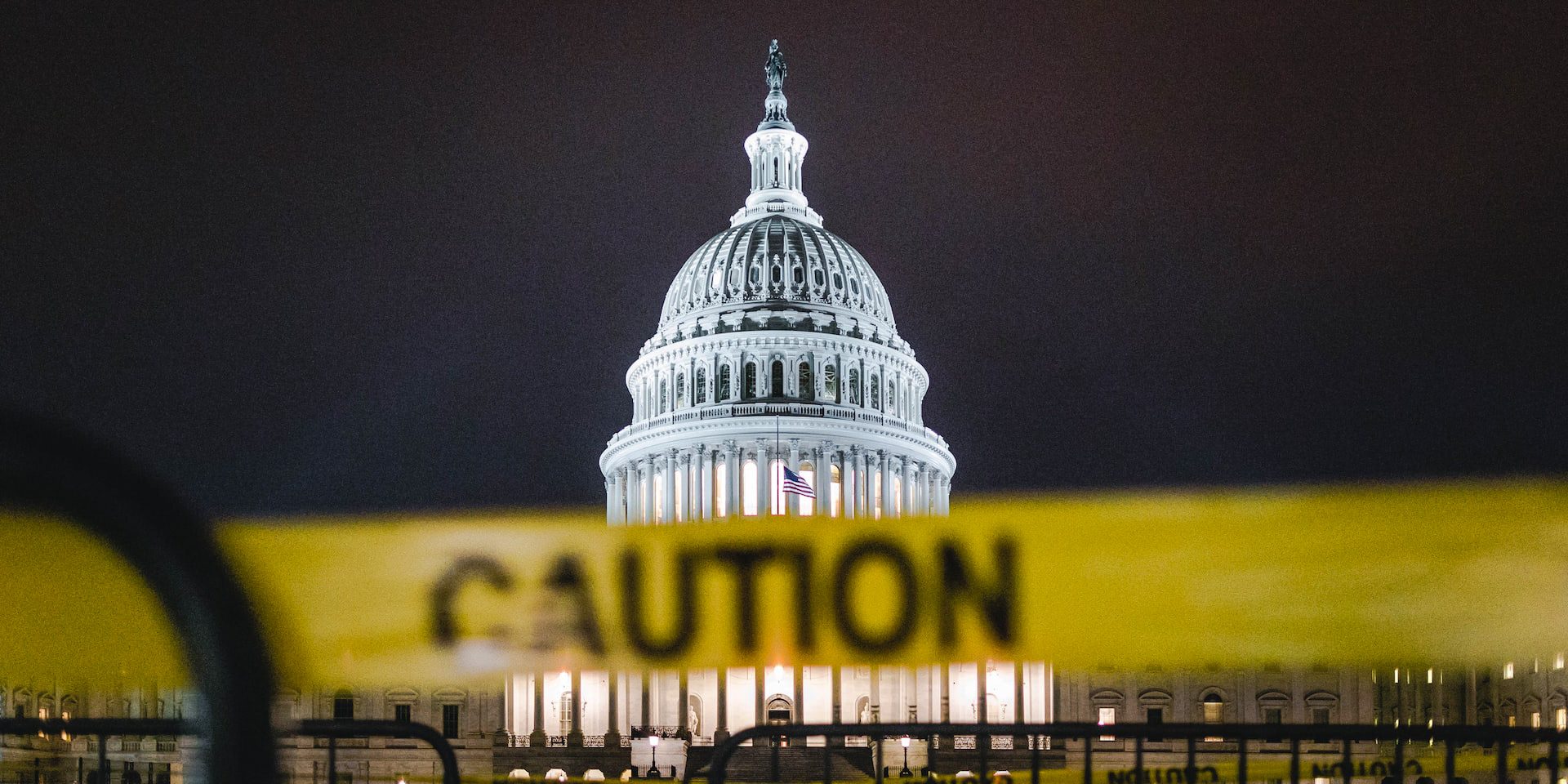View by Topic
Recent Articles
-
Congress Blocks California’s Gasoline Car BanSaturday, May 31st, 2025
-
EPA Will Keep Current Limits for “Forever Chemicals” in Drinking WaterSaturday, May 24th, 2025
-
Court Indefinitely Pauses SEC Climate Rule LitigationSaturday, May 17th, 2025
-
Maryland is About to Regulate Mold But is the Cart Before the HorseSaturday, May 10th, 2025
View by Month/Year
“Green Building Law Update” Headlines
Recent Articles & News from
Stuart Kaplow’s blog
at GreenBuildingLawUpdate.com
- Congress Blocks California’s Gasoline Car Ban: A Legal and Policy Analysis June 1, 2025
- EPA Will Keep Current Limits for “Forever Chemicals” in Drinking Water May 25, 2025
- Court Indefinitely Pauses SEC Climate Rule Litigation May 18, 2025
- Maryland is About to Regulate Mold: But is the Cart Before the Horse? May 11, 2025
Subscribe to the Green Building Law Update!
Stuart Kaplow brings his expertise and extensive experience to the table with his unique digital publication, "Green Building Law Update". Subscribers receive regular updates to keep them informed about important issues surrounding Environmental Law, Green Building & Real Estate Law, as well as the emerging demand for Environmental Social Governance (ESG).
Get fresh content through the lense of Stuart Kaplow's cutting-edge expertise, innovative commentary and insider perspective. Don't miss another issue! Subscribe below.

Government Proposes Federal Contractors and Their Suppliers Disclose GHG Emissions
The Federal government is proposing the Federal Supplier Climate Risks and Resilience Rule, which will require major Federal contractors publicly disclose their greenhouse gas emissions and climate related financial risks and set emissions reduction targets.
The implications of this reach far beyond only Federal contractors impacting nearly every sector of the US economy, as contractors calculate their Scope 3 greenhouse gas emissions which include upstream and downstream emissions in that business’ activities (.. as an example of downstream emissions, a Federal contractor will need GHG emission data from its landlords to calculate its own Scope 3 GHG emissions).
To appreciate the breadth and scope of this proposed Rule, the US government is the world’s single largest buyer of goods and services, purchasing over $630 billion in the last year alone. And this Rule covers approximately 86% of the emissions associated with that Federal supply chain (which in context, are estimated to be more than twice as large as all the emissions from operating the Federal government’s more than 300,000 buildings and 600,000 vehicles combined).
Specifically, the proposed Rule focuses first on “major” Federal suppliers. Under the Rule, those largest suppliers including Federal contractors receiving more than $50 million in annual contracts will be required to publicly disclose Scope 1, Scope 2, and Scope 3 emissions, disclose climate related financial risks, and set science based emissions reduction targets. Additionally, “significant” Federal contractors with more than $7.5 million but less than $50 million in annual contracts will be required to report Scope 1 and Scope 2 emissions (of course, unless they are in the value chain of a major contractor and then they would have to provide Scope 3 data). Federal contractors with less than $7.5 million in annual contracts will be exempt from the rule (again unless they are in the value chain of a major contractor). Small businesses (which represent more than 25% of Federal contracts), with over $7.5 million in annual contracts would only be required to report Scope 1 and Scope 2 emissions under the proposed Rule.
As proposed, compliance with the proposed Rule will be required as a condition to a contract award. Although interesting (and possibly appreciating just how batshit crazy Scope 3 GHG emission calculations are) a noncompliant contractor would be presumed to be “nonresponsible” for purposes of the Federal Acquisition Regulation, the regulation being amended by this Rule, if the contracting officer determines “the prospective contractor has made a public commitment to comply as soon as possible on a publicly accessible website (within one year).”
The Department of Defense, the National Aeronautics and Space Administration, the General Services Administration through the Office of Management and Budget, jointly issued this proposed rulemaking, which would amend the FAR to implement these changes, when finalized. Some have already questioned the wisdom of this new priority for manufacturers of weapons systems and rockets that carry astronauts (.. is the aim really carbon neutral war and space travel)?
There will be great geographic disparity in the application of the proposed Rule, with Virginia, Texas, California and Maryland having the greatest number of Federal contractors, which states may see the unintended consequences of large companies with established net zero goals.
For public companies, there is overlap between the proposed Rule and the Securities and Exchange Commission’s proposed climate risk disclosure rules with this Rule going further than the SEC.
The comment period for the proposed Rule closes on January 13, 2023. The compliance requirements phase in beginning one year after publication of a final rule. And yes, when promulgated it can be anticipated this Rule may be challenged in court before it goes into effect.
When implemented, the United States will become the first national government to regulate its supply chain by requiring government suppliers to disclose and reduce GHG emissions with the goal of achieving net zero emissions by 2050. And doing so, will literally remake the US economy. We look forward to continuing to advise businesses on these matters, including providing both law and nonlaw services to businesses calculating their GHG emissions.
Join us for a live webinar “Maryland is the First State to Regulate Carbon,” 30 talking points in 30 minutes, Tuesday, December 13 at 9 am EST presented by Stuart Kaplow and Nancy Hudes on behalf of ESG Legal Solutions, LLC. The webinar is complimentary, but you must register here.









